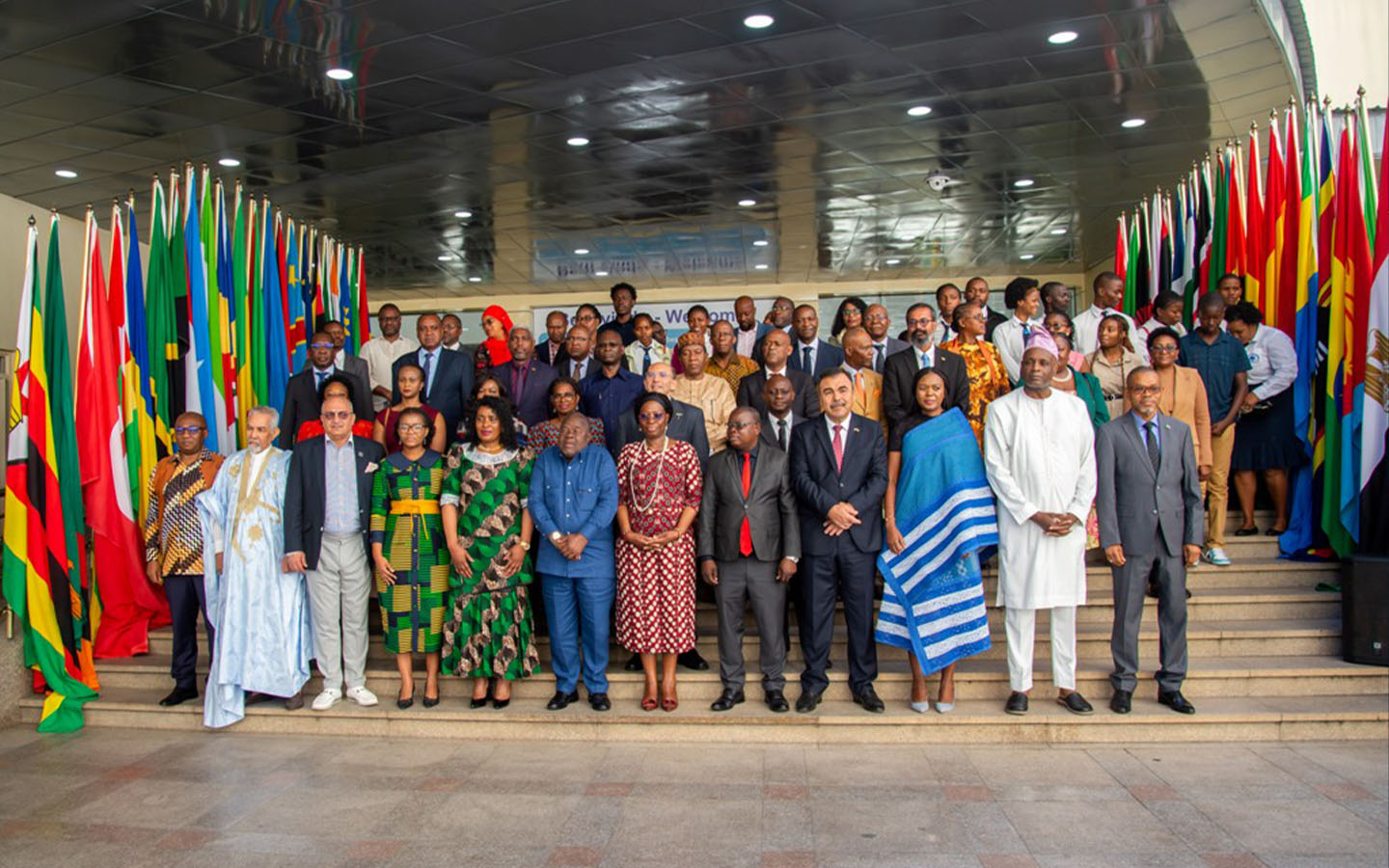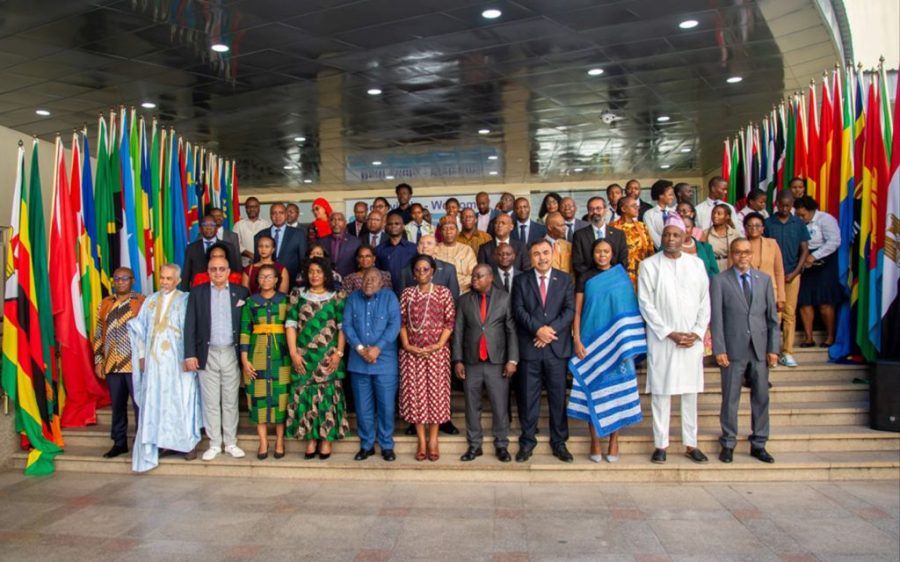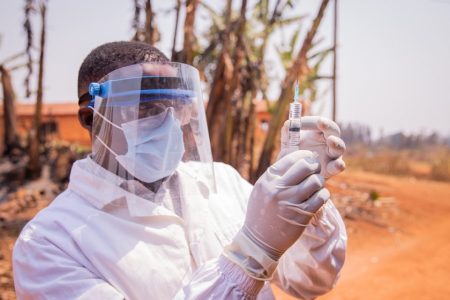Mozambican officials renewed calls for the return of hundreds of stolen artefacts at celebrations for Africa Day in Maputo on Sunday, part of a broader push for repatriation and reparations, reports the Mozambican news agency AIM News.
Officials reaffirmed their demand for the return of at least 800 cultural artefacts looted during the colonial period as part of a broader African movement to recover around 3,000 African cultural and material items that have been identified and inventoried since 2020.
Repatriation of artefacts, education and culture minister Samaria Tovela explained to the crowd, is one form of historical reparations. “That’s why we’re organizing ourselves to discuss how we can reclaim what was stolen from our country and, in general, from the African continent.”
She emphasised the importance of continent-wide unity in shaping common policies that guarantee justice and dignity for African nations subjected to centuries of colonisation and exploitation.
“Today we are free, but we must reclaim everything that was taken,” Tovela told attendees. “That’s why the theme chosen for Africa Day is: Justice for Africans and People of African Descent through Reparations.”
[See more: Landmark educational cruise seeks to retrace historical slave route]
The theme extends well beyond Africa Day. Adopted by the African Union (AU) as its theme for 2025, the year will include a wide variety of activities, such as seminars, symposiums and conferences held around the world, culminating in an Extraordinary Summit of the AU in cooperation with the Caribbean Community (CARICOM).
The Mozambican Ministry of Education and Culture will also carry out awareness campaigns in schools and local communities throughout the year with the aim of raising public consciousness about the long-term impacts of slavery, colonialism and apartheid on Africa’s cultural, economic and scientific development.
The Institute for Security Studies (ISS Africa), a leading independent research institute dealing with human security, noted when the theme was adopted in February that many in the West have dismissed reparation claims as impractical or backward-looking, arguing they bear no direct responsibility for historical atrocities.
Others point to development aid, debt relief and foreign investment, claiming that this financial support functions as reparations. However, such aid still lacks the accountability for forced deportations, mass killings, arbitrary detentions, torture, nuclear testing and plundering of natural resources – crimes that continue to affect people and the environment.
Antoine Kola Masala Ne Beby, dean of the African Ambassadors Group and the DRC ambassador to Mozambique, said at the ceremony that reparations should be seen as a pillar of global justice and an instrument of reconciliation with humanity. “Africa is not only the cradle of humanity,” he reflected, “but also the heart of global hope.”






